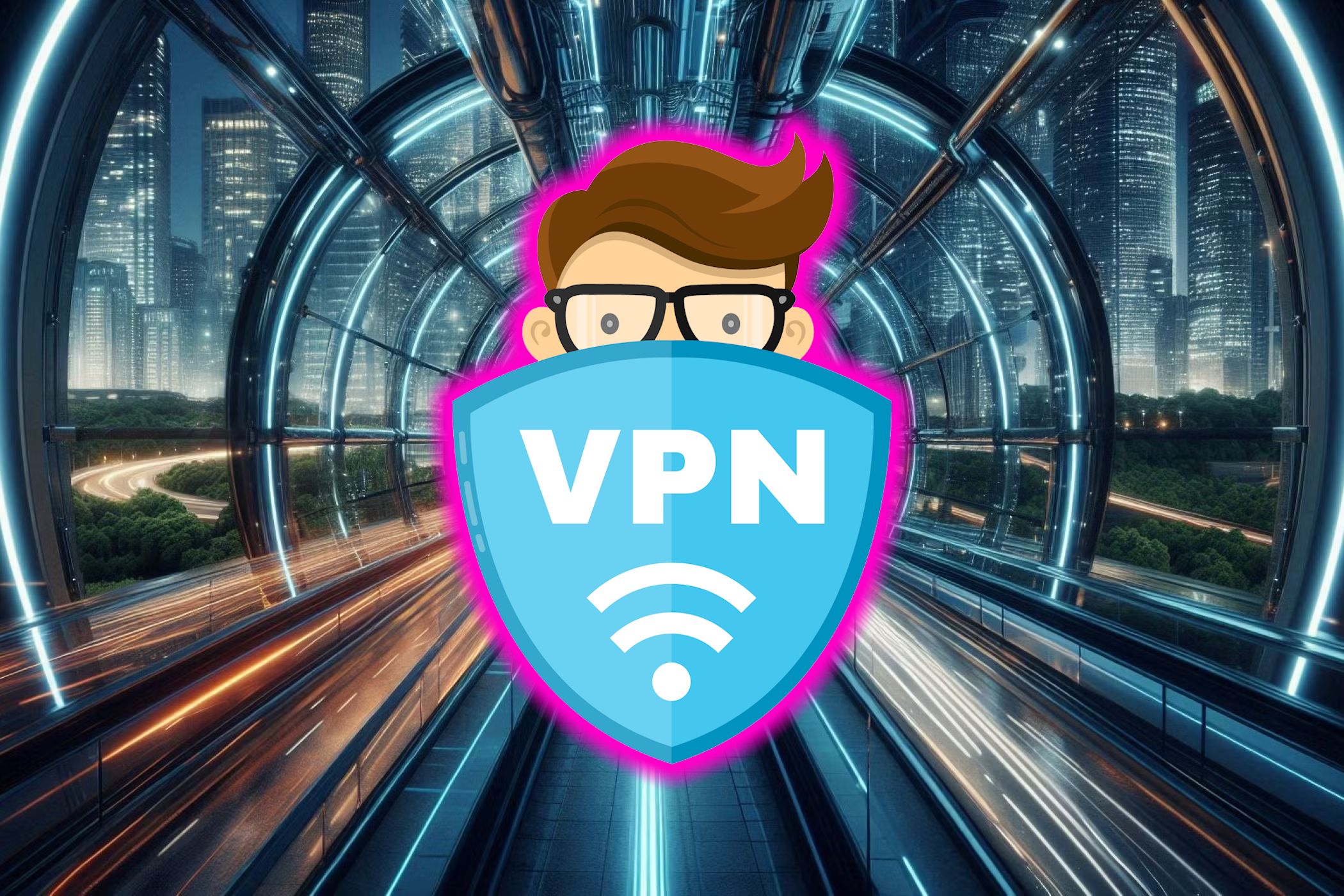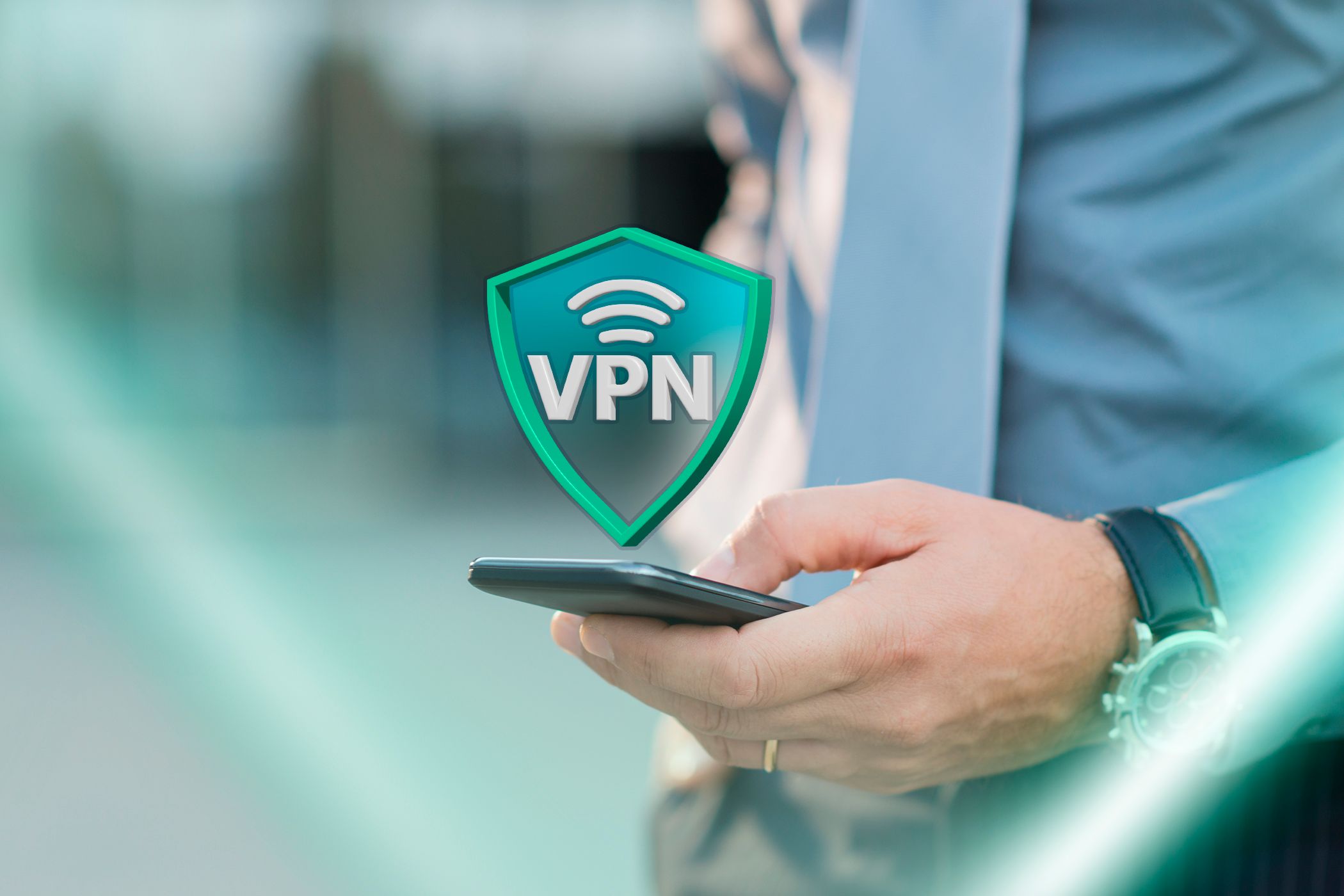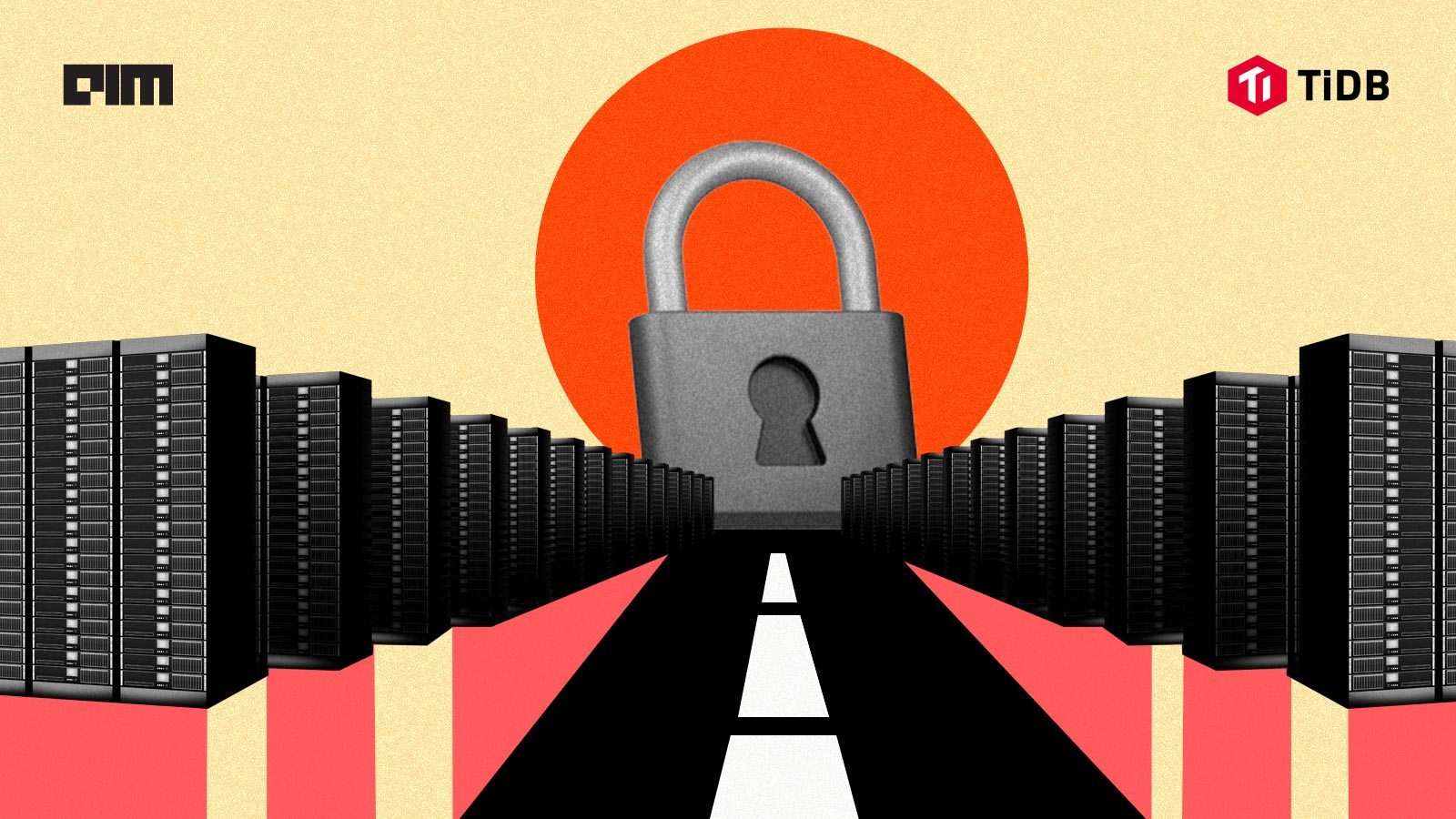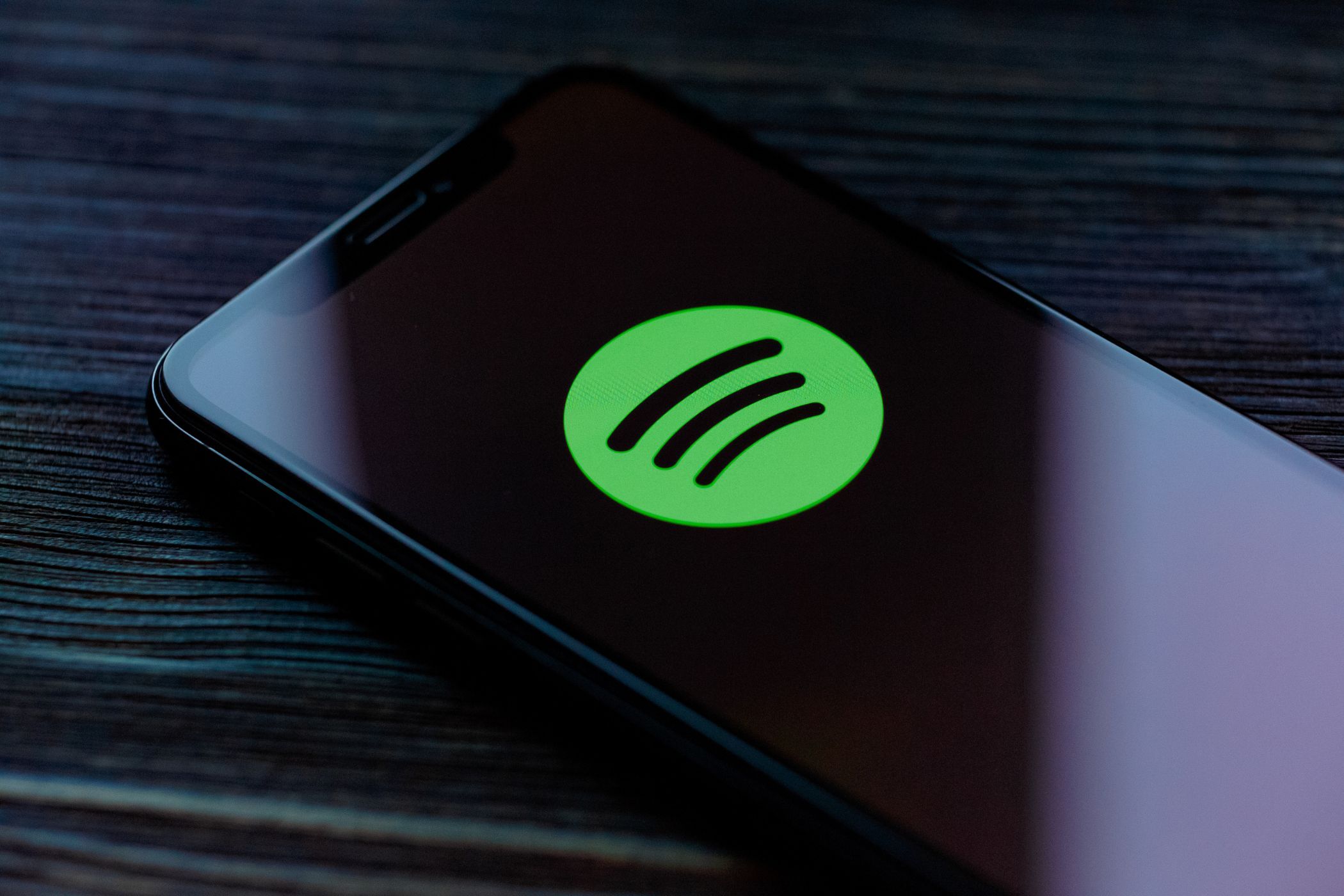[ad_1]
I’m tired of software subscriptions. There are so many, all demanding your attention and money, so it makes sense to consider one-time purchases as a way to save some hard-earned cash. But when it comes to VPNs, you should steer clear of lifetime subscription plans.
5
No Room for Feature Growth or Improvement
VPNs don’t have lifetime plans for good reason—subscriptions help them offer, maintain, and improve their services. Unfortunately, a VPN is not a set-it-and-forget-it product. It requires ongoing investment in operational costs to keep the service up and running. As a result, offering a one-time payment model isn’t sustainable.
When you pay once for lifetime access, your VPN provider has no financial incentive to improve the service. So don’t expect to see regular updates or new features. The business can end up strapped for cash just trying to maintain existing users.
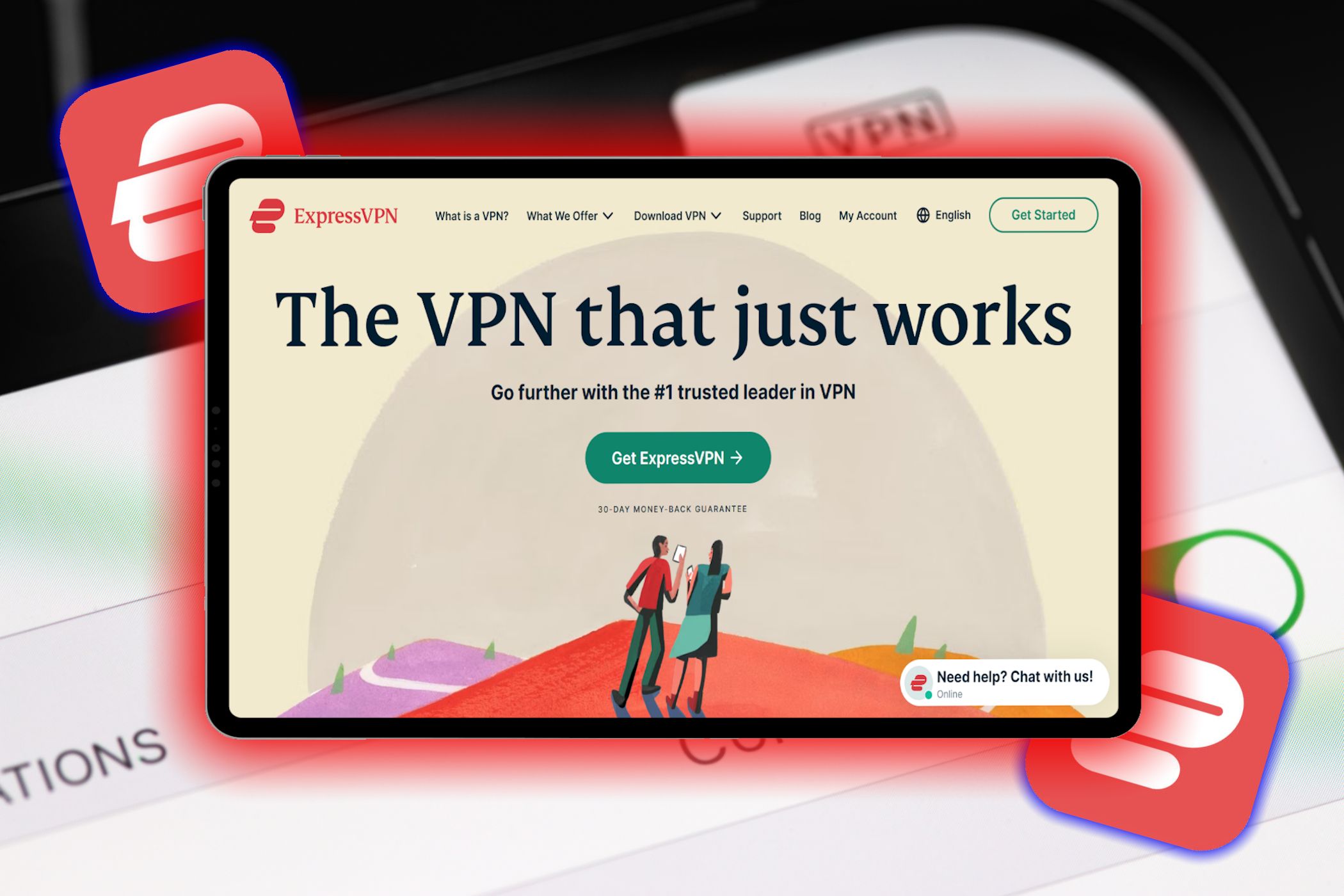
Related
Why This VPN Is the Best Option for Any User
I’ve tried so many VPNs over the years, and I always come back to this one.
That’s why few VPNs still offer lifetime subscriptions, and those that once did have either shut down or switched to a subscription model to stay afloat. For example, Windscribe once offered a lifetime plan but later discontinued it; now, you can only subscribe to its monthly or yearly plan to access its premium features.
VPN Secure also offered a lifetime plan, but it no longer does, and later canceled all existing lifetime subscriptions because they provided “no sustaining income to help [them] improve and maintain the service,” the company said, as per an email sent to its customers shared on Reddit.
4
Weak or Nonexistent Customer Support
Customer support is often one of the first things to suffer with lifetime VPN providers. After all, you’ve already paid upfront, so the company has little incentive to offer ongoing help.
Most VPN companies operate on thin margins, relying heavily on new sign-ups, and have fewer resources to support existing customers. If you run into connection issues or account access problems, you may be left without help for a while.
In contrast, top-tier VPNs with enough resources from ongoing subscriptions can easily afford to provide 24/7 support, serving all users around the world without being overwhelmed. That level of support requires consistent revenue, something one-off payments can’t sustain.
3
Limited Features
Lesser-known VPNs often offer lifetime deals. To keep operating costs low, these providers will restrict access to certain features for lifetime subscribers, like dedicated IP addresses and advanced security protocols.
And since feature development takes time and money, you won’t find all the premium features offered by the best VPN services like NordVPN, ExpressVPN, and Surfshark on services with lifetime plans. For example, you likely won’t have a vast selection of servers to choose from, and those servers won’t match the speeds of top VPNs.
They also likely won’t offer modern, secure VPN protocols or cutting-edge features like split-tunneling. You may also lack the ability to access geo-restricted content on streaming services like Netflix, which are known to have strict VPN-detection mechanisms.
2
Your Data Might Not Be Safe
Running a VPN service involves continuous expenses. Before buying into a lifetime VPN plan, ask yourself how the service can sustainably support its users. Due to an unsustainable business model, VPNs that offer lifetime plans may resort to logging your data and selling it to stay afloat.
Even if that’s not the case, they might lack the necessary resources to prioritize user privacy in the long run. If the company doesn’t have cash to continue investing in strengthening security or patching bugs, your data could be at risk.
1
“Lifetime” Rarely Means Your Lifetime
The term “lifetime” in VPN marketing material rarely refers to your actual lifespan. Instead, it usually refers to the product’s lifetime, which could mean as long as the company chooses to offer the service. This isn’t limited to VPNs—it’s common practice across software products.
Many VPN companies that have offered such plans in the past have shut down, changed ownership, or quietly redefined what “lifetime” means.
VPN Secure is a good example of how a change in ownership can impact such plans. After it was acquired in May 2023, the new owners canceled all lifetime subscriptions on April 28, 2025, citing that they only acquired the company’s “technology, domain, and customer base—but not the liabilities,” as per the email shared on Reddit and embedded above.
Another catch with lifetime plans is that they may only apply to a specific version of the software. In such cases, you’ll retain access only until the company eventually winds down that version. If a new version is released a few years down the line, you’ll need to pay for it.
A lifetime VPN plan might look like a great bargain on the surface. However, it often comes with various compromises, including limited features, poor customer support, and questionable privacy practices. Thankfully, you can get the best VPNs for cheap if you strike at the right time, since price is the main reason you might consider lifetime plans.
[ad_2]
Source link
